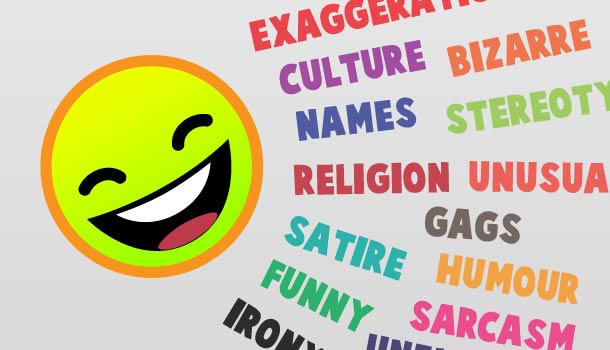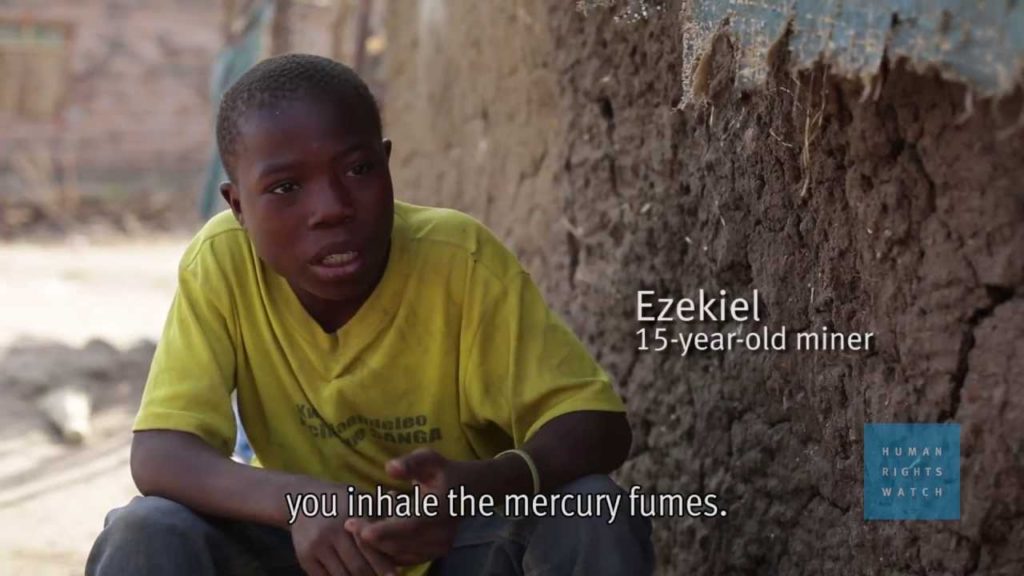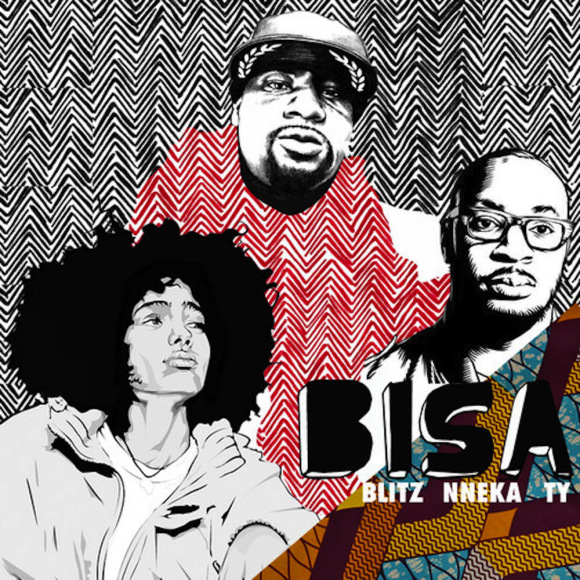Black people’s relationship to laughter fascinates me. As a friend recently pondered, where does one begin understanding a Facebook status update that says: “That awkward moment when your mother dies”? Or how does one make sense of the Kenyan lawyer, Dola Indidis, who took such strong exception to the unfair prosecution of Jesus Christ that he decided to sue Pontius Pilate, Emperor Tiberius and King Herod at the International Criminal Court in The Hague in July 2013?
The obviousness of this move astonished me. Indeed, why hadn’t anyone thought of this before? Never mind that accused number one, Pontius Pilate is long dead and probably long forgiven by Christ— as are Emperor Tiberius and King Herod. Never mind, too, that not-so-small detail that the Christian in me is daily reminded of by my name: God authorised His son’s ‘unfair’ trial as an act of divine grace. Despite this — or as we say in Kenya, ‘irregardless’ – Indidis took serious umbrage to what he calls the abuse of Jesus’s human rights. So, he is suing Pilate for judicial misconduct, abuse of office, bias and prejudice. He is also suing the Republic of Rome and the State of Israel for their complicity in Jesus’s malicious prosecution. His aim? To have the trial of Jesus declared null and void; following a similar precedent in the nullification of the unfair trial of Joan of Arc. As a Christian, this is the part where I get stuck. It is all well that Joan of Arc got posthumous justice, but what would it mean for Jesus’s trial and crucifixion to be declared null and void?
In all honesty, Indidis’s court case cracked my ribs when I first read it. But absurd as it sounds, anyone who has read Toni Morrison will know that black people’s seeming absurdities are not always a light affair. So, when you meet grown men and women bearing names like Tea-Cake and Baby Suggs, it is not funny in a Nandos-advert kind of way. It is funny in that funny-sad way that explains how Louis Armstrong‘s fans could fondly call him Satchmo [Satchel mouth] as a loving nickname.
Come to think of it, it is in naming that this contradictory blend of hurt and affirmation plays out most explicitly. My personal favorite is Pilate Dead, a woman in Toni Morrison’s Song of Solomon. Her family carries the unfortunate surname — Dead — courtesy of a drunk soldier who captured her father’s details wrongly for his identification papers. When he explained that he was from Macon and his father was dead, the soldier entered these details under ‘name’ and ‘surname’ respectively. And that is how many generations of the family came to be, well, Dead. But Pilate’s first name is an in-house job. The same father inaugurated a family tradition of naming children by opening a Bible and pointing a finger at a random page. Wherever a finger fell, that would be the child’s name. This tradition is strictly observed in the family, generations later, despite literacy. So, when her father’s finger landed on the unfortunate spot in the Bible, the name stuck, despite the midwife’s protests about saddling a new born baby girl with not just a man’s name, but a “Christ-killing man’s name.” Thanks to this tradition, Pilate has nieces named Magdalene Dead and First Corinthians Dead.
Pilate Dead and Satchmo’s names are a reminder that black people’s laughter embraces the grey ambiguities of life, in full recognition of the fact that life and death are next-door neighbours. So are pain and laughter. This sensibility was brought to me recently in a most bizarre way. It was a Sunday mid-morning, and I was looking at children’s clothes in a retail store at my local mall. It is generally a quiet shopping time, which I like. You have space for your thoughts, without bumping into everyone else’s thoughts in the aisles. Even the music is played at a lower volume. So, on this Sunday, as I looked at little boys’ shirts, the store was quiet enough for me to hear four attendants’ voices from different parts of the shop, having a loud lighthearted conversation, in Afrikaans, filled with relaxed laughter. They all seemed deeply amused at an inside joke. My entire Afrikaans is a few phrases picked up from 7de Laan and the inevitable swear words one tends to learn when one encounters a new language, so I had no clue what the joke was. But one phrase kept coming up, followed by long peals of laughter: “Easter bunny”. After the fifth Easter bunny, I looked around the shop, slightly confused: had this store decided to have a second Easter marketing campaign in the middle of August? But there was not a single ‘Easter-branded’ item or poster in sight.
I was still puzzled at this when I got to the pay counter, and one of the assistants called out to one of the colleagues they had been conversing with, to come and serve me. As Alex walked over to the counter laughing, he shouted, “Easter bunny!” to his colleague, who responded with another “Easter bunny”. And another laugh. It was when he came in my line of vision that I finally figured what the word was, and felt even more confused. It wasn’t Easter bunny. It was isitabane, laced with an Afrikaans accent.
I was speechless. To my knowledge, this is a derogatory, homophobic word. And Alex was clearly a gay black man. Many thoughts collided in my mind as Alex processed my purchase: When did this word become publicly sayable? Laughable? Was I witnessing the playful taming of a violent word? The softening of a hard, damaging label? Was this the same as the reclaiming of the word ‘queer’? Or was it normalising a hurtful word? Did the foreign languageness of the word make it easier for the Afrikaans speakers to play with it, in much the same way swear words in your mother tongue sound much dirtier than in English? Reading Siyanda Mohutsiwa’s concern about similar taming of hurtful racial and gendered words a few weeks ago, I was reminded of this conversation.
As I left the store this Sunday, wrestling with what this lighthearted banter between colleagues meant, I remembered another even more random conversation a few years earlier between two young ladies at Wits University:
“He says he will love you forever? Aawwww, chommie! That’s so romantic!”
“Ja, but forever is a long time, hey?” the friend responded, in a matter-of-fact tone.
Something about this conversation just killed me dead, as they say in Nollywood. It was both funny and profound. You see, forever IS a long time. This is the spirit in which Pilate Dead walks around with that name in Morrison’s novel. This is probably the same spirit with which a gay black man would be laughing at “Easter bunny”. It is the same logic behind Indidis’s pursuit of justice for Jesus. See, forever IS a long time to promise to love someone, but two thousand years isn’t too late to get justice for God’s son. This is that awkward moment when conventionalised logic gives way to unconventional logic.
Grace A. Musila is a Kenyan who studied in South Africa.




